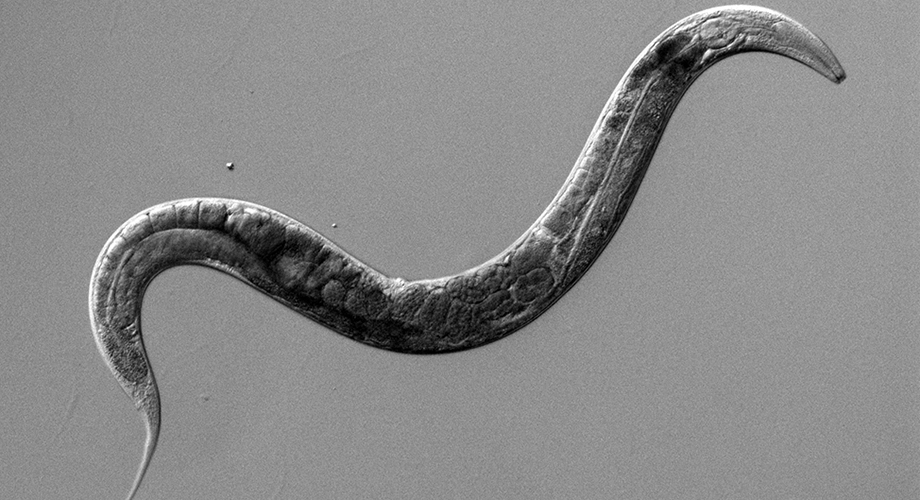Damo Academy, a research institute of Alibaba has developed a new, Artificial Intelligence (AI) driven diagnosis system that can detect COVID-19 infections with an accuracy of up to 96% reported by Sina Tech News. AI driven tool also uses computerized tomography (CT) scans of patients to form a diagnostic, but it is faster and more reliable than human doctors at diagnosis.

















